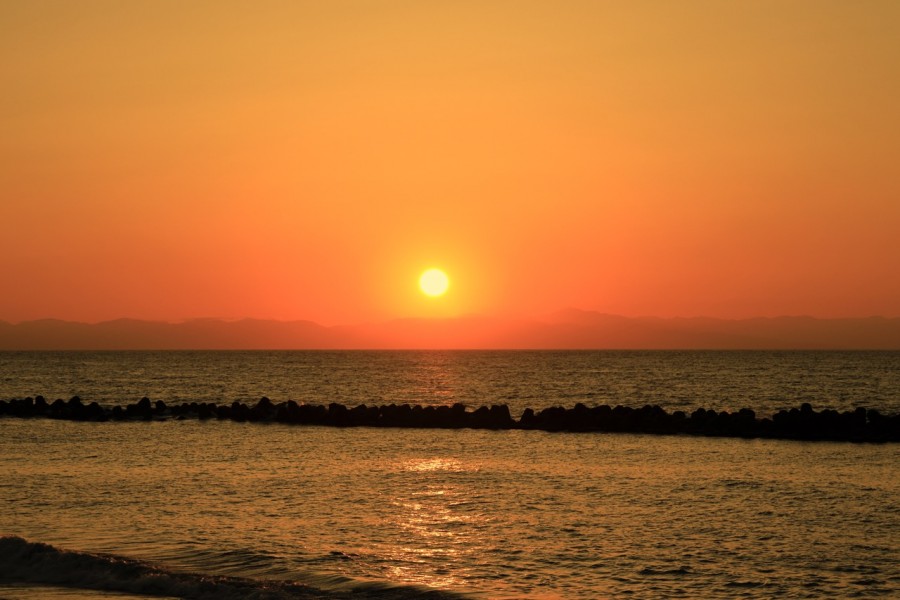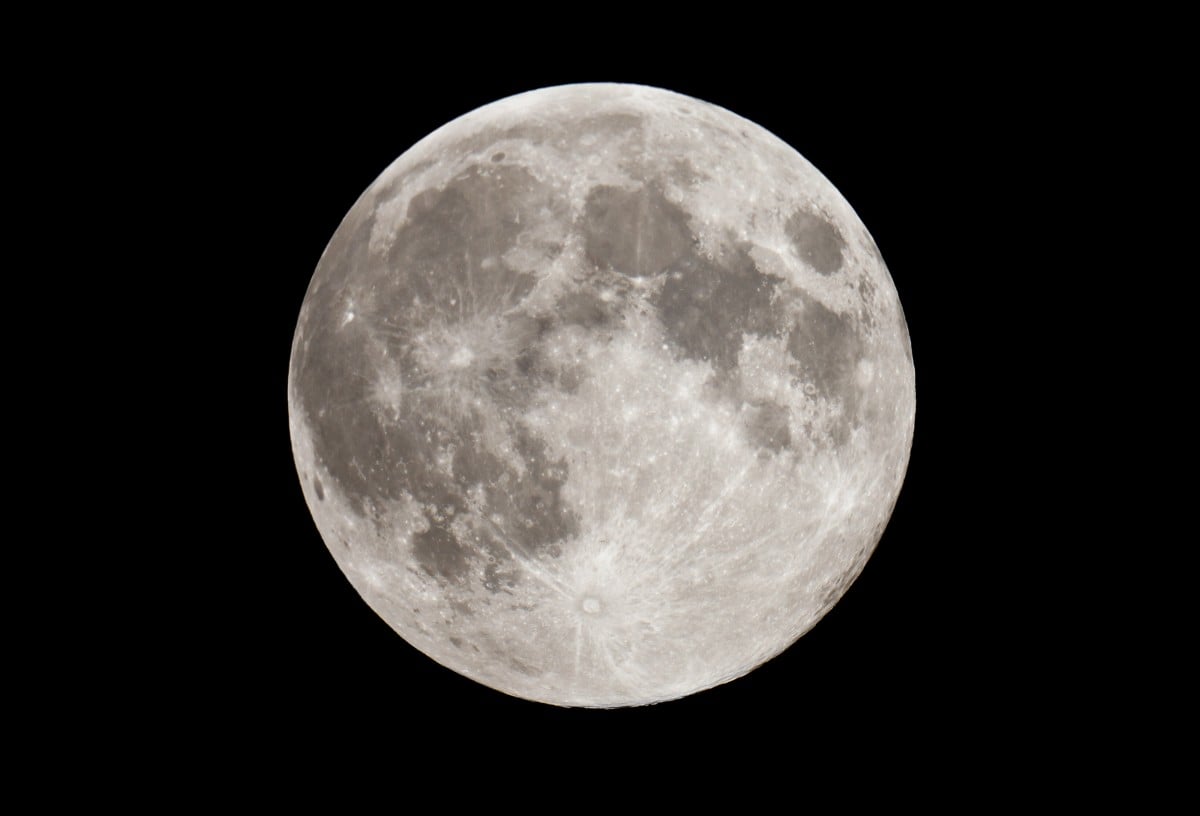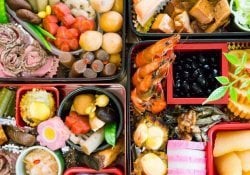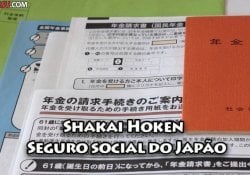Get ready for a fascinating trip to the world of the Japanese language while we explore how to say "sun" and "moon" and some incredible curiosities that surround these words.
You'll be amazed at how these terms are used to describe the day and month, plus other quirks that make the Japanese language so exciting and fun! Shall we embark on this adventure together?
We also recommend reading:
Índice de Conteúdo
How to say sun in Japanese
We will first look at the Japanese words for sun. Then we will move into the moonlight of the night. There are two main ways of saying sun in Japanese, hi [日] and taiyou [太陽].
The kanji 日 represents the Sun and originates from ancient Chinese writing. The original form of the character was a pictographic representation of the Sun, showing a circle with a dot in the center. Over time, this symbol simplified and evolved into the current kanji.
The Simple and Powerful “Hi”
The Sun, the star that lights our days and provides vital energy for our planet, is called 日 (ひ, Hi) in Japanese. This simple but powerful word carries with it a rich cultural and historical heritage. Interestingly, “Hi” is also used to refer to “day” in Japanese, reflecting the importance of the Sun in everyday life.
Expressions such as 今日 (きょう, kyō) and 明日 (あした, Ashita) mean "today" and "tomorrow", respectively, and are examples of the central role of the sun in the measurement of time.

Taiyō: The Central Star
Another way to say “Sun” in Japanese is 太陽 (たいよう, Taiyō). “Taiyō” specifically refers to the central star of our solar system and emphasizes the scientific role of the Sun as a source of light and heat. This word is often used in more formal and academic contexts, showing the versatility of the Japanese language.
The Sun in Japanese Culture
The Sun plays a crucial role in Japanese culture. An example of this is the term “Land of the Rising Sun”, which represents Japan. The national flag, known as the 日の丸 (ひのまる, Hinomaru), features a red disk symbolizing the Sun. These elements demonstrate how the Sun permeates Japan's identity and history.

Other ways to say sun in Japanese
- 日輪 (にちりん, Nichirin) - Solar disk
- 日光 (にっこう, Nikkō) - Sunlight
- 陽 (よう, yō) - Sol (used in combination with other words)
- 天日 (あまひ, Amahi) – Sun (used in poetic or literary context)
- 日暮れ (ひぐれ, hygure) - sunset
- 日の出 (ひので, hinode) - sunrise
How to say Moon in Japanese
The Japanese word for Moon is 月 (つき, Tsuki). An ancient and poetic word that has been used in Japanese literature, art and music for centuries.
The original form of this character was a pictographic representation of the Moon, illustrating the lunar crescent. Over time, the symbol simplified and evolved into the current kanji.
Tsuki's Poetics
The Moon is an important symbolic element in Japanese culture, often associated with beauty, contemplation, mystery and transformation. Tsuki is a poetic word used to describe the beauty and mystery of the Moon.
Just as the Sun influences the count of days, the Moon plays a key role in determining the months. The ideogram “月” is used to refer to the “month” in Japanese (gatsu or gestu reading), highlighting the importance of the lunar cycle in the organization of time.
Lunar calendars have been used in Japan since ancient times, and the word 月曜日 (げつようび, Getsuyōbi), which means "Monday," literally translates as "Moon Day."

Gekkō: The Moon's Glow
The word 月光 (げっこう, Gekkō) is another way of referring to the Moon in Japanese, literally meaning "moonlight". This word captures the essence of the Moon's soft, ethereal glow, conveying a feeling of beauty and enchantment.
The Influence of the Moon on Japanese Culture and Traditions
Lua has a strong presence in Japanese culture and traditions. Festivals such as 月見 (つきみ, Tsukimi), or the “Moon Party”, celebrate the Full Moon and the Crescent Moon of autumn, with people enjoying the lunar beauty and offering rice balls called 月餅 (つきび, Tsukibi) to the gods.
Furthermore, the moon is a frequent theme in Japanese poetry and art, such as the famous haikus and ukiyo-e paintings.
Other ways to say Moon in Japanese
- 月明かり (つきあかり, tsukiakari) - Moonlight
- 月夜 (つきよ, tsukiyo) - Moon night
- 弓月 (ゆづき, Yuzuki) - Crescent Moon (literally, "arc -shaped moon")
- 満月 (まんげつ, mangetsu) - full moon
- 新月 (しんげつ, Shingetsu) - New Moon
- 月齢 (げつれい, GETSUREI) - Moon age (lunar cycle)





